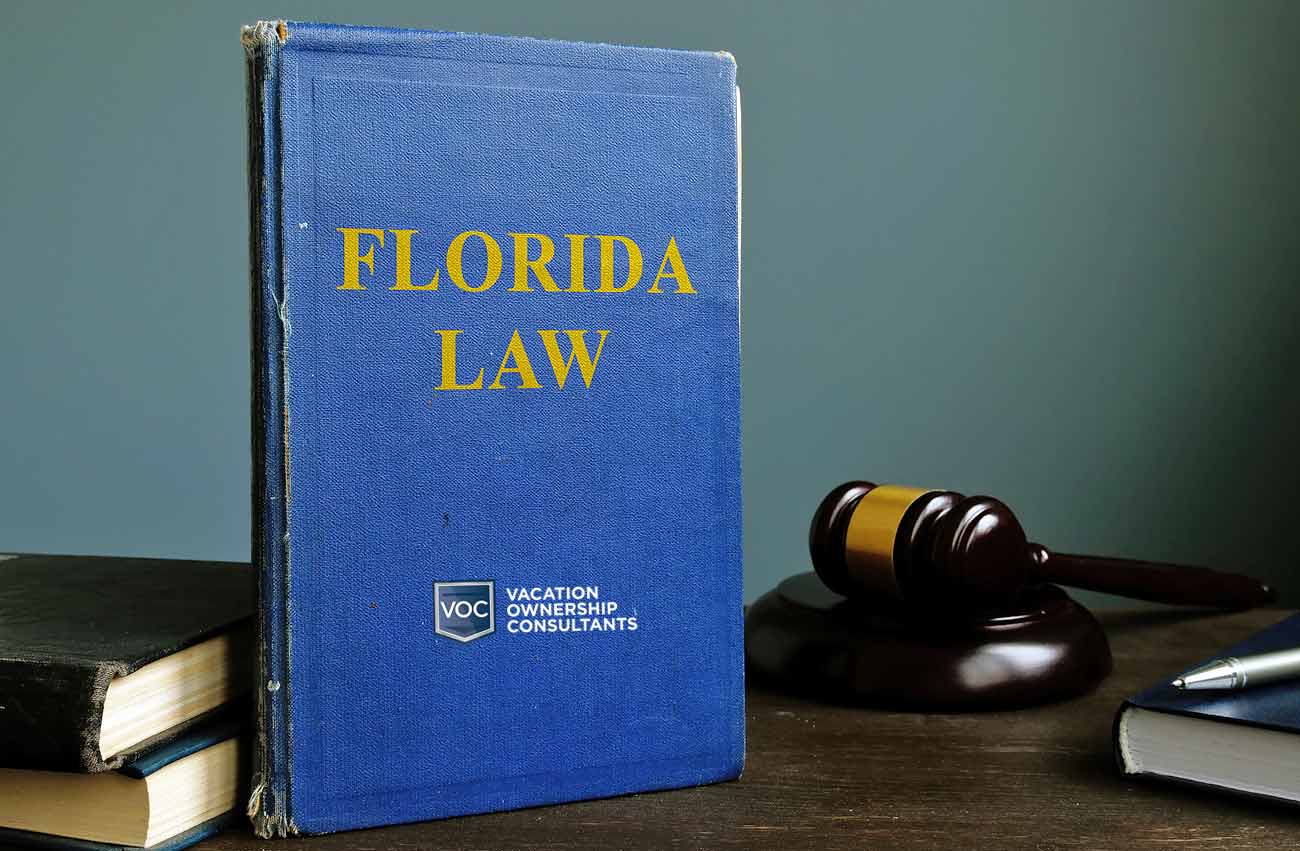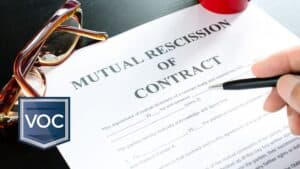Now that travel restrictions have surpassed the year mark, timeshare corporations are full steam ahead towards loss recuperation. After ignoring loyal paying vacation owners and laying off tenured employees, the industry now has their eyes on tax laws. In fact, a recent proposal by lobbyists in Florida suggests a different method be used for property appraisals in order to decrease the tax burden of major resorts in the region.
We knew something like this was coming after Wyndham lost a major lawsuit against Osceola County for what they claimed to be unfair tax assessments. Late last year, we published an article on the event. “Despite Scarborough’s (county appraiser’s office) assessments of $92.85 million for 2011-2012, Wyndham challenged the obligations of Cypress Palms by alleging the resort only owed $24.74 and $16.76 million.”
This is Nothing New in the State of Florida.
Today’s efforts are being led by a lobbyist who represents Grand Vista, a 900-unit resort that’s owned by Marriott in Orlando. Even though the proposed concept could cost cities, counties and the schools therein more than $170 million in funding, lawmakers in the Senate Regulated Committee are scheduled to discuss it on Tuesday.
After pushing back against Wyndham, Katrina Scarborough is naturally opposed to such legislation. Amy Mercado and the Orange County (OC) Appraiser’s office are expected to support her stance as central Florida is jam-packed with more than $12 billion in taxable timeshare properties. The $215 million in tax revenue that’s generated from both counties directly impacts a number of the public entities in surrounding areas.
According to Mercado, the estimated taxable value of timeshare properties could drop anywhere from 50-70% if the bill were to pass. This means that libraries, schools and parks could see upwards of $90 million removed from the annual funding they’ve become accustomed to.
What Are Timeshares Looking to Gain?
The issue that timeshares currently have with the appraisal process is that resales are not used to valuate their properties. Local appraisers, like Mercado and Scarborough have always been able to make the call. In short, they haven’t looked upon sales by individual owners as a valid means of appraisal. This is because unhappy buyers give them up for almost nothing just to escape payments. As you can imagine, this benefits the resort tremendously.
“Most of them, I would say 99% of the sales, are distressed,” says Scarborough. Either way, most appraisers come to realize there just aren’t enough resale transactions to even deem them applicable. This is why certain lawmakers and lobbyists that favor resorts (or find favor in their savings) are looking to force appraisers to include those sold for “pennies on the dollar”.
But Scarborough has been pointing out the differences between the two price points in her county for quite some time now. In 2020 for example, private owner transactions averaged a whopping $599 in comparison to $19K for resorts. Despite the low number of individual sales, there’s no question that timeshares are looking to change the law to limit the power of competent appraisers. This is why many are opposed.
New Florida Bill Will Limit Local Appraisers.
If passed, Senate Bill 1358 and House Bill 1007 will only require that timeshares provide a “reasonable number” of private sales to qualify for lower appraisals. This essentially eliminates an appraiser’s moral justification. Fortunately for the state of Florida, a number of state employees are opposed to the bill.
Dana Blickley, the property appraiser in Brevard County made it pretty clear how she felt about the Florida proposal. “It would be a ‘have your cake and eat it, too,’” she said. She thinks it’s obvious that timeshares want to be able to sell their units at higher prices while garnering tax breaks for lower resales. There’s no valid reason why two identical timeshare units can be sold at two completely different price points.
Vague, Reaching Reasons Behind Florida Bill.
Even Ellyn Bogdanoff, who is the lobbyist behind the bill, agreed that one or two resales wouldn’t be enough to constitute an adequate number. “Any appraiser will tell you if you have one or two distressed sales on a street you can’t use that,” she said. At the same time, her and State Representative Randy Fine from Palm Bay, who’s sponsoring the bill, are very serious about their plan.
“You also can’t use the one idiot who overpaid 50% for a property,” she said. “Those are isolated situations. But if it’s repeated, a pattern, then that tells you something,” she concluded. According to Fine, appraisers are inflating the taxable values of timeshare resorts and he’s just looking out for his residents who own timeshares.
While COVID has thrown quite the curveball at timeshare resorts this past year, vacation owners are beginning to get a little restless. Whether they’re able to sell their weekly interval or not, it sure appears timeshare companies have a plan to continue raking in billions. Let’s just hope they get to fighting for their most loyal customers as much as they do for tax breaks. We’ll keep you posted on the outcome.






